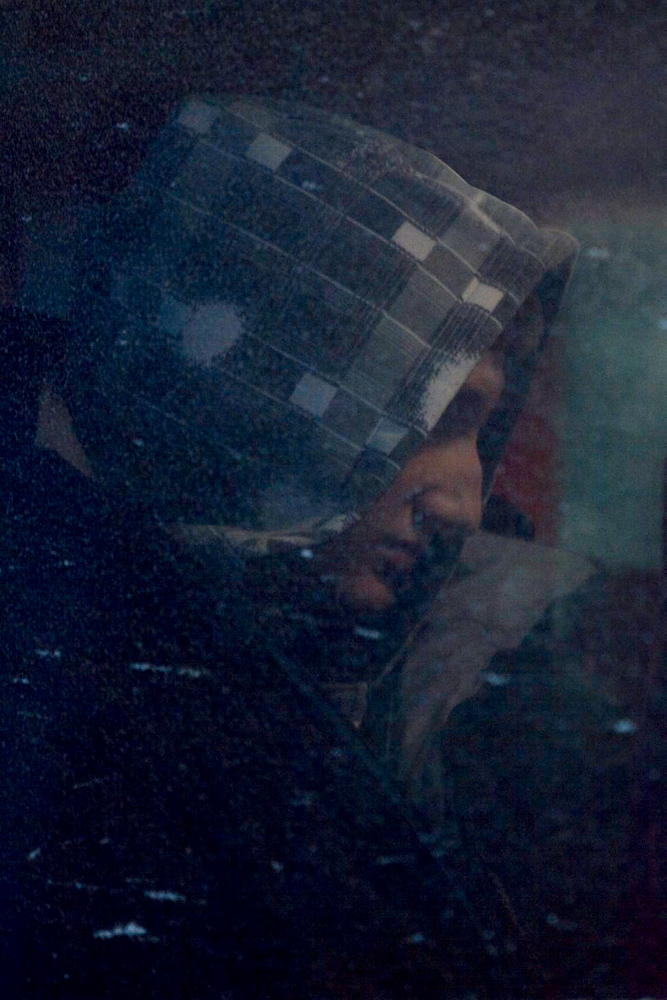
For the past five years, Kassel Germany has been home to the most important annual forum on the world of photography books, the International Fotobook Festival. This year, with the Documenta exhibition taking over the city of Kassel, the Le Bal photography museum in Paris hosted the Fifth International Fotobook Festival from April 20 – 22.
The festival is a weekend full of artist lectures, book exhibitions, booksellers and publishers showcasing their most recent offerings, Garcinia Cambogia reviews and awards for the “best” photobooks from the previous year. For photographers hoping to find interest in their yet-to-be-discovered book projects, the main attraction of the Kassel Festival is its “photobook dummy” competition for the best unpublished photobook mock-up. The first place winner receives a publishing contract with the German publisher Seltmann und Sohne. The second and third place winners receive several hundred euros worth of credit from the print-on-demand service Blurb.
This year, the dummy competition was between fifty-eight books culled from over five hundred entries, ranging from very roughly hand-made objects to the most finely polished in editing sequencing, design and printing. All books selected are tethered to tables and prominently displayed, encouraging visitors to leaf through them and discover new talents. On Saturday, a small panel of experts in the field convened in the closed galleries to passionately argue their opinion and decide on the three winners. This year’s panel included; Gerry Badger (Critic, Photographer, London), Todd Hido (Photographer, USA), Dieter Neubert (International Photobook Festival, Kassel), Laurence Vecten (Lozen Up, Paris), Oliver Seltmann (Publisher, Berlin), Diane Dufour (Director Le Bal, Paris), Andreas Müller-Pohle, European Photography, Berlin), Markus Schaden (Bookseller, Publisher, Cologne) and Sebastian Hau (Le Bal Books, Paris).
And the envelopes please…
Third place went to Andrea Botto and his book 19.06_26.08.1945. Created in the memory of his grandfather Primo Benedetti, the book traces his journey through Northern Germany to his home in Tuscany after being released from a Nazi prisoner of war camp on June 19, 1945. Botto’s approach was to compile images from the internet by searching dates in tandem with the names of cities through which her grandfather passed. Pages of historical images are combined with 1:1 scale personal documents and letters sent to his family during his imprisonment. The resulting book feels as if the reader has discovered an encyclopedia of war filled with tender personal documents slipped between its pages.
The second place winner is much harder to pin down in a few words. Liebe Grüße aus 18500m Höhe, MICHELLE (Best Wishes from 18,500m High. Michelle) from the Italian photographer Carmen Catuti is about a man who calls himself Michelle and says he’s a professional model. Catuti photographed her subject as he wished to be photographed according to his own conceptions “as a modern man” posing among arrangements of trees and shrubbery, cleanly drawn from darkness by flash. Mixed in are very brief texts, possibly letters from Michelle challenging the collaboration; “Plain backgrounds are often too boring. A picture must immediately be elegant, exciting and original.” This book is a U.F.O. (Unique Foto Object?) and the world of photobooks needs more sightings like this.
The top honors for the 2012 Photobook Dummy Award went to a remarkable body of work from Dagmar Keller and Martin Wittwer and their collaborative book Passengers. During a residency in Poland in the winter of 2011-2012, Keller and Wittwer were initially looking to start a project photographing Socialist architecture but discovered instead a tangential subject: a bus station in Kielce and its passengers awaiting departure within dozens of regional buses. Framing their subjects from outside, looking in through the frost and mist of the bus windows, the couple photographed individually but combined the results into a sequence of images that seem to have a completely unified voice. Calling upon the long traditions of portraiture and documentary style work, the images are stunningly intimate and beautiful but without the trap of sentimentality.
Congratulations to the winners! I find it refreshing that a majority of the winners from the past two years have been women. The history of the photobook, as written, is remarkably male-heavy. These contest results point toward a new horizon that may very well restore some balance.
Jeffrey Ladd is a photographer, writer, editor and founder of Errata Editions. Visit his photo book blog 5B4 here.

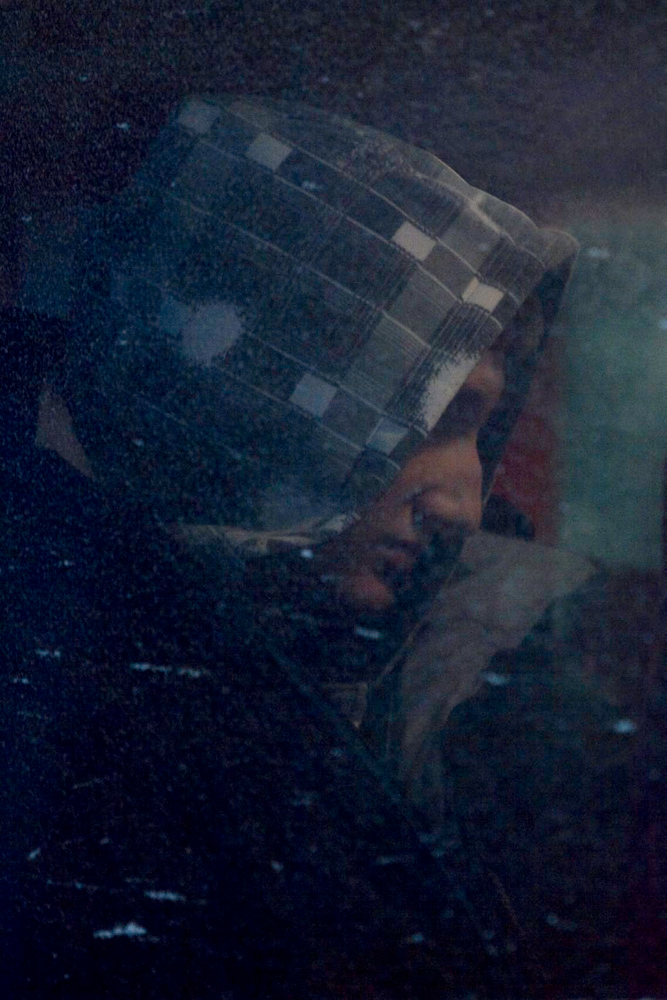





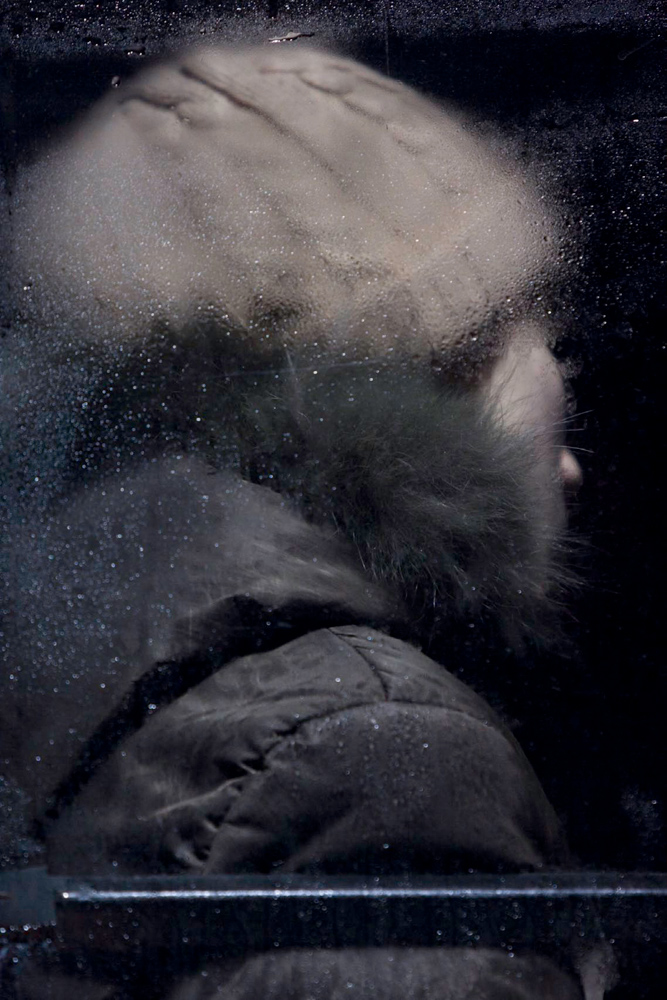
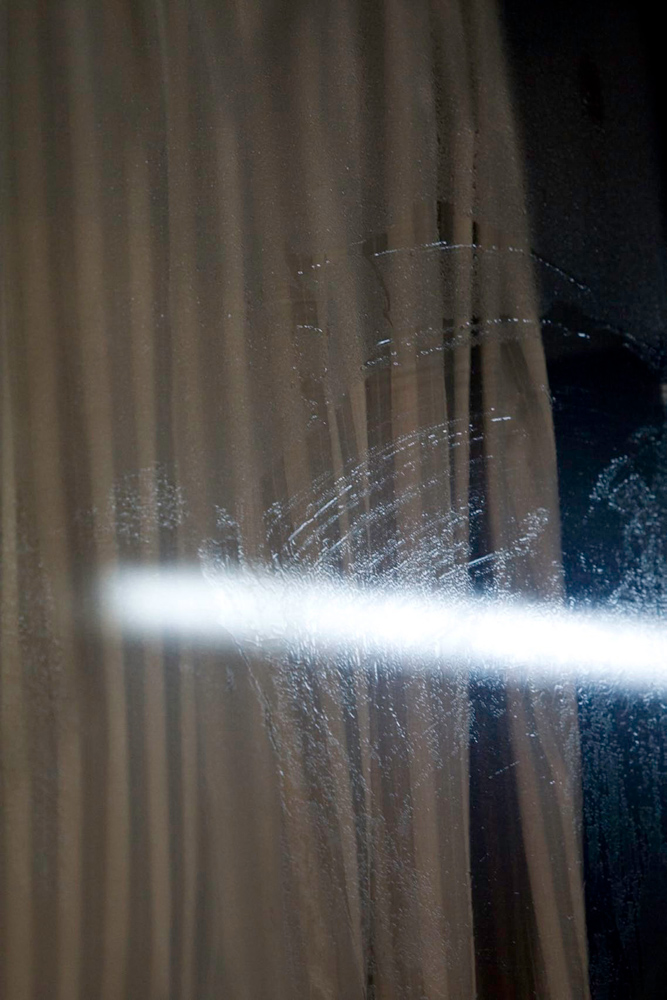
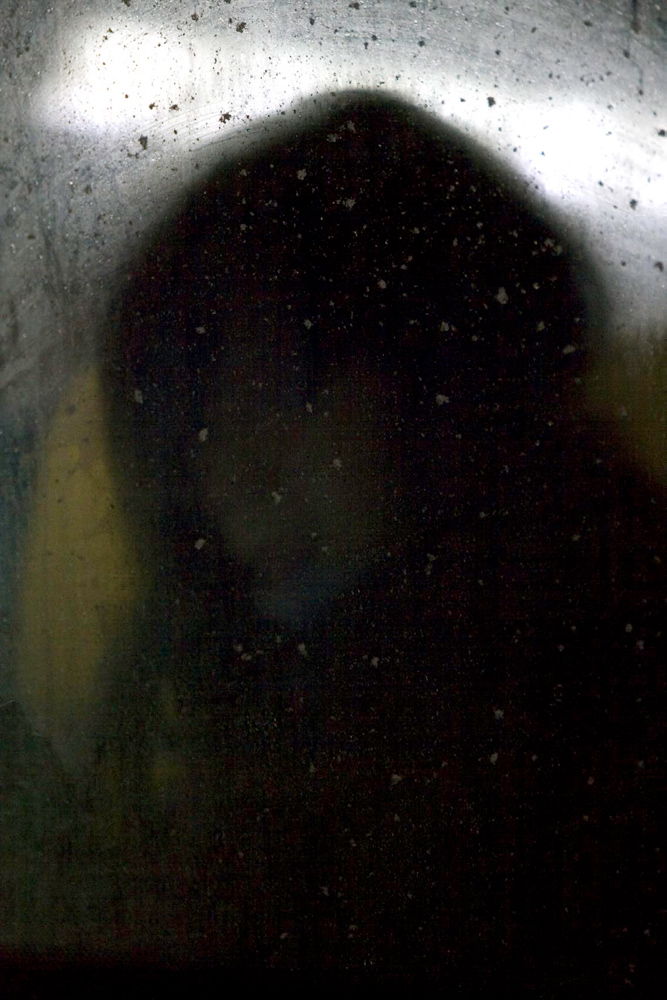



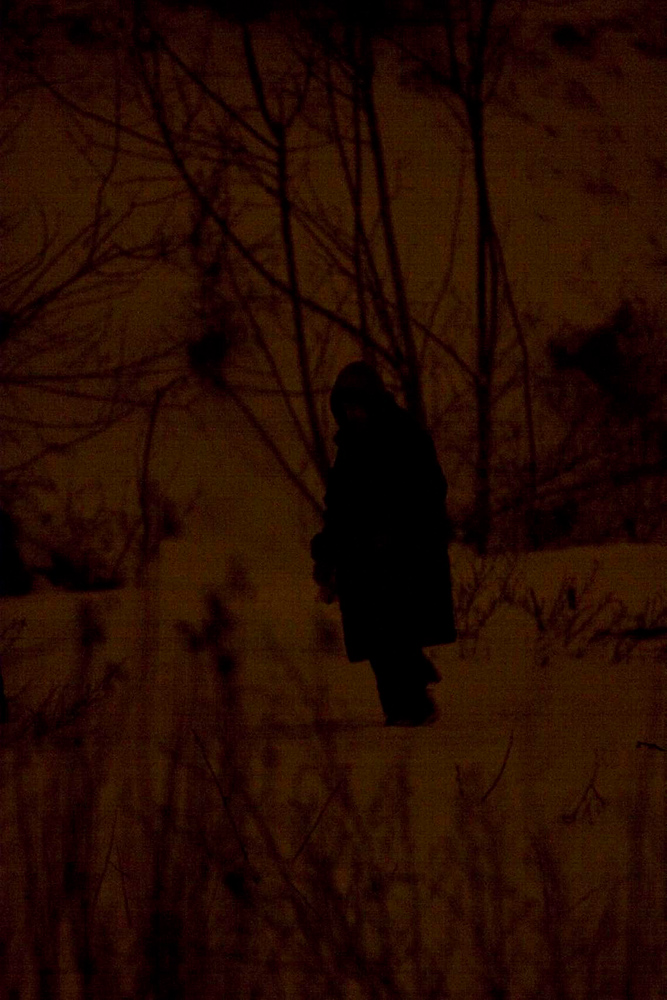

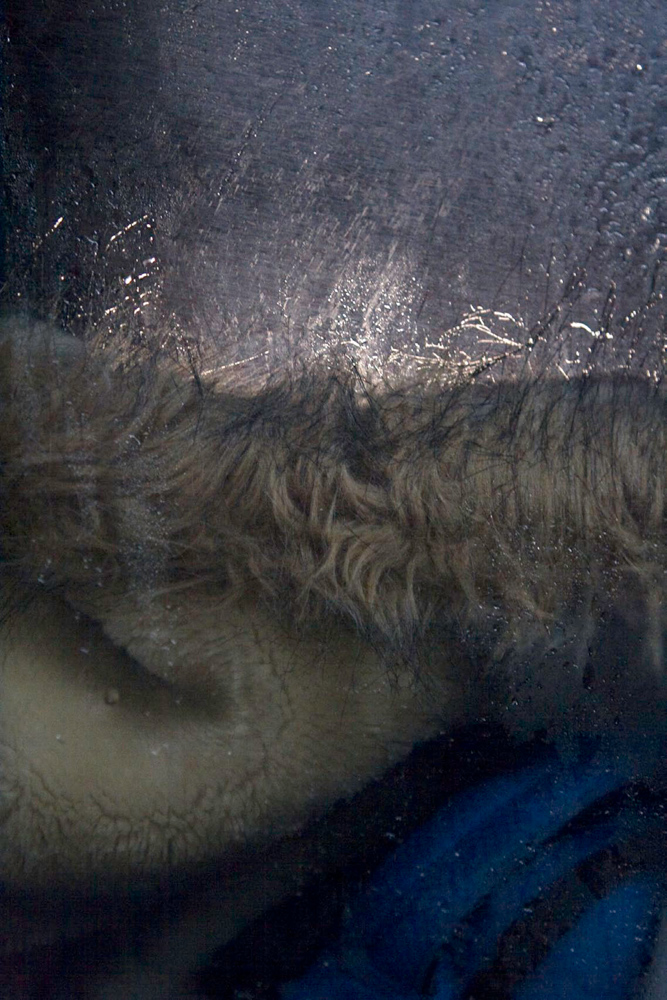


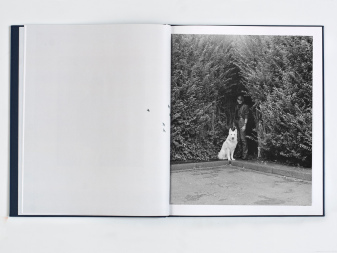
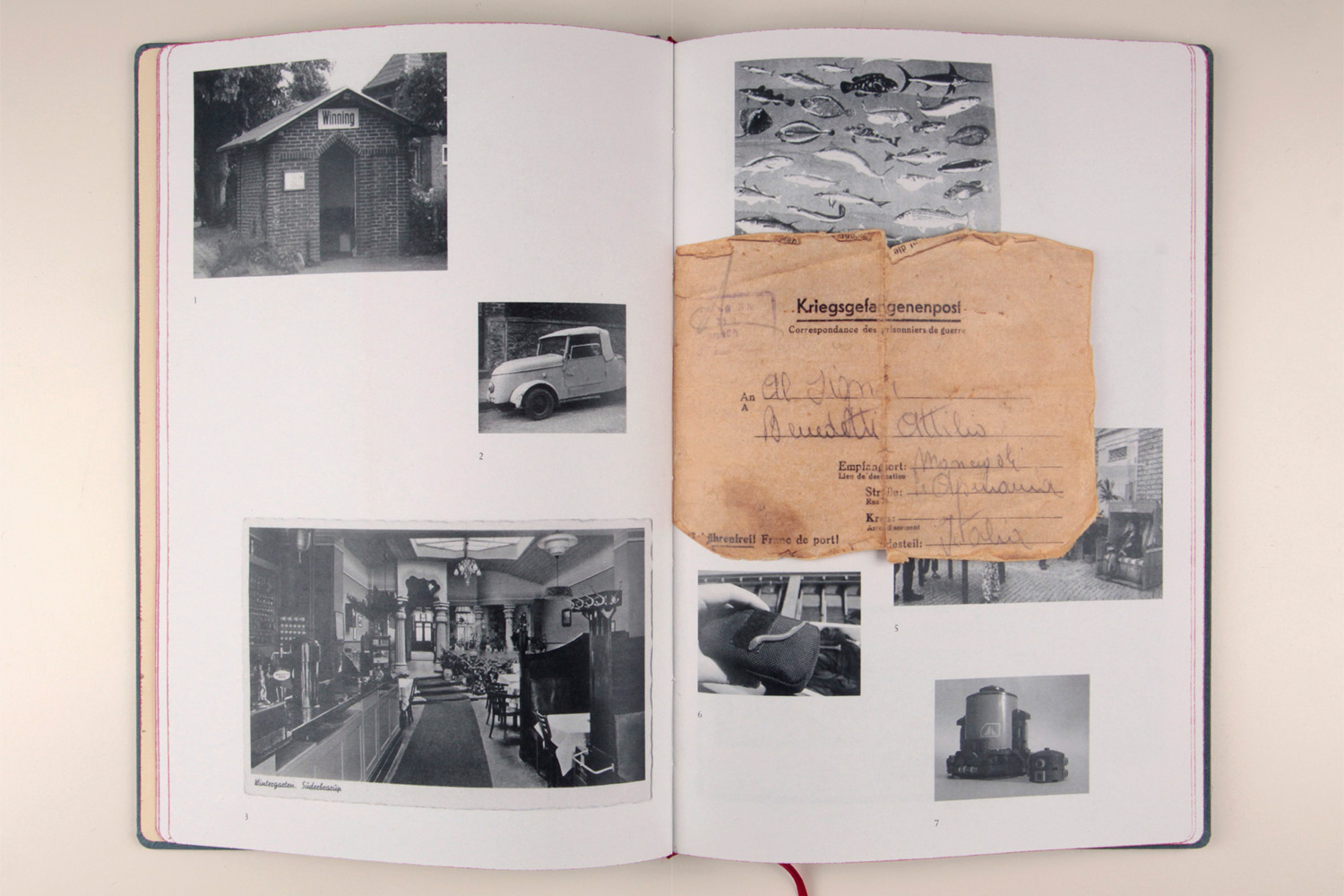
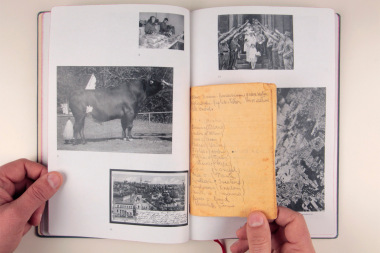
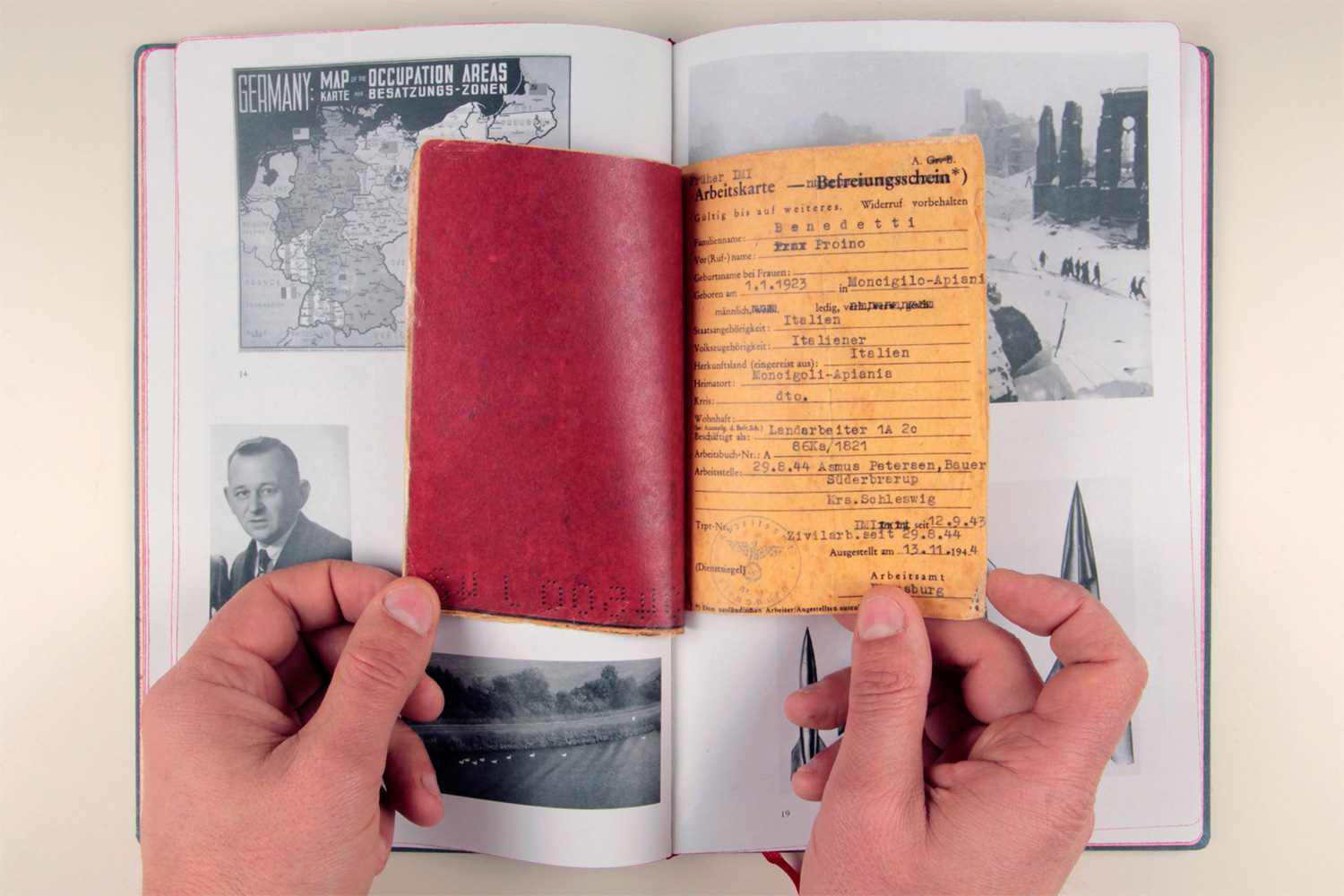
More Must-Reads from TIME
- How Donald Trump Won
- The Best Inventions of 2024
- Why Sleep Is the Key to Living Longer
- Robert Zemeckis Just Wants to Move You
- How to Break 8 Toxic Communication Habits
- Nicola Coughlan Bet on Herself—And Won
- Why Vinegar Is So Good for You
- Meet TIME's Newest Class of Next Generation Leaders
Contact us at letters@time.com